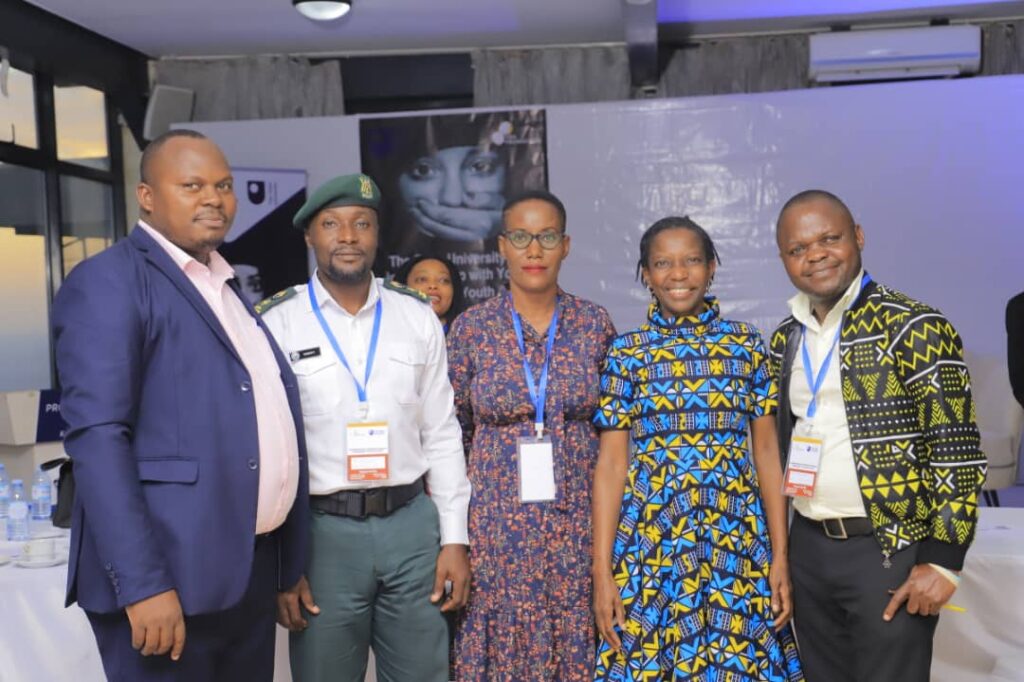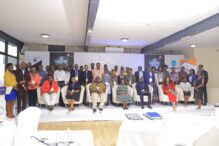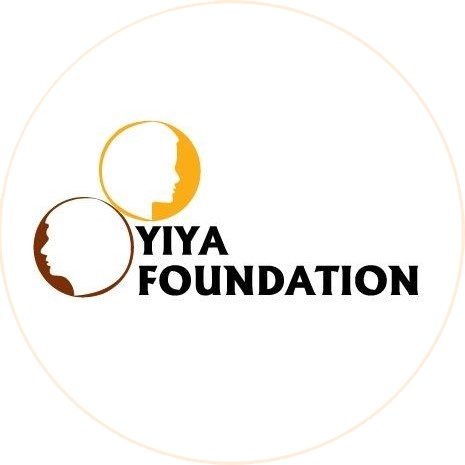
Introduction:
Human trafficking remains a pressing global issue that demands collective action and collaboration across borders. On 4th July, a National Stakeholders’ Consultative meeting on trafficking in persons convened by Youth Initiatives for Youth Action (YIYA) Foundation in partnership with Open University brought together experts, policymakers, and organizations dedicated to combating this heinous crime. In this blog, we will delve into the key discussions and outcomes of this critical event, highlighting the strategies and initiatives proposed to address the multifaceted challenges of trafficking in persons.
Setting the Stage:
The Uganda National Stakeholders’ Consultative meeting served as a platform for stakeholders to share knowledge, experiences, and best practices in the fight against trafficking in persons. Participants included representatives from governmental agencies, non-governmental organizations (NGOs), law enforcement agencies, academia and international bodies. With a theme of ” Interrogating Initiatives on trafficking in persons post 2009 ” ,the meeting aimed to foster dialogue, identify gaps in existing approaches, and develop collaborative solutions to combat trafficking more effectively in regard to the four pillars of prevention, protection, prosecution and partnerships.
Key Discussions and Insights:
1. Enhanced national Cooperation: Participants emphasized the urgent need for improved national cooperation to combat trafficking in persons. Collaboration among countries is vital to dismantle criminal networks, share intelligence, and coordinate efforts to prevent trafficking, prosecute perpetrators, and protect victims.
2. Strengthening Legal Frameworks: A major focus of the meeting was the importance of robust legal frameworks to address trafficking in persons comprehensively. Participants stressed the need for Uganda to enact and enforce legislation that criminalizes all forms of trafficking, including sex trafficking, labor exploitation, and child trafficking. Additionally, it was emphasized that legislation should be victim-centered, ensuring the protection and support of survivors.
3. Empowering Vulnerable Communities: Recognizing that prevention is crucial, participants discussed the significance of empowering vulnerable communities. By addressing root causes such as poverty, inequality, and lack of education, it becomes possible to reduce individuals’ vulnerability to trafficking. Education campaigns, skills training, and economic opportunities were identified as essential tools to empower at-risk populations.
4. Strengthening Victim Support and Rehabilitation: The meeting highlighted the need for comprehensive victim support systems that prioritize the physical, psychological, and social rehabilitation of survivors. Accessible and specialized services, including medical care, legal aid, and counseling, were identified as critical components in helping survivors rebuild their lives.
5. Harnessing Technology and Data: Participants recognized the potential of technology in combating human trafficking. Utilizing advanced data analytics, artificial intelligence, and digital platforms can aid in identifying patterns, detecting trafficking networks, and supporting investigations. However, it was emphasized that these technologies should be ethically used, respecting privacy and human rights.
6. Public-Private Partnerships: The consultative meeting emphasized the importance of forging strong partnerships between the public and private sectors. Collaboration with businesses, financial institutions, and technology companies can help disrupt the financial networks that sustain trafficking operations. Moreover, private sector engagement in awareness campaigns, victim support, and prevention initiatives can significantly amplify the impact of anti-trafficking efforts.
Conclusion:
The consultative meeting on trafficking in persons served as a catalyst for collaboration, innovation, and renewed commitment to combat this grave violation of human rights. By fostering national cooperation, putting emphasis on evidence based interrogations and interventions, strengthening legal frameworks, empowering communities, supporting survivors, harnessing technology, and promoting public-private partnerships, we can make significant strides towards eradicating human trafficking. It is through such collective efforts that we can bring an end to this modern-day slavery and advocate for a world where every individual is free from exploitation and coercion.

